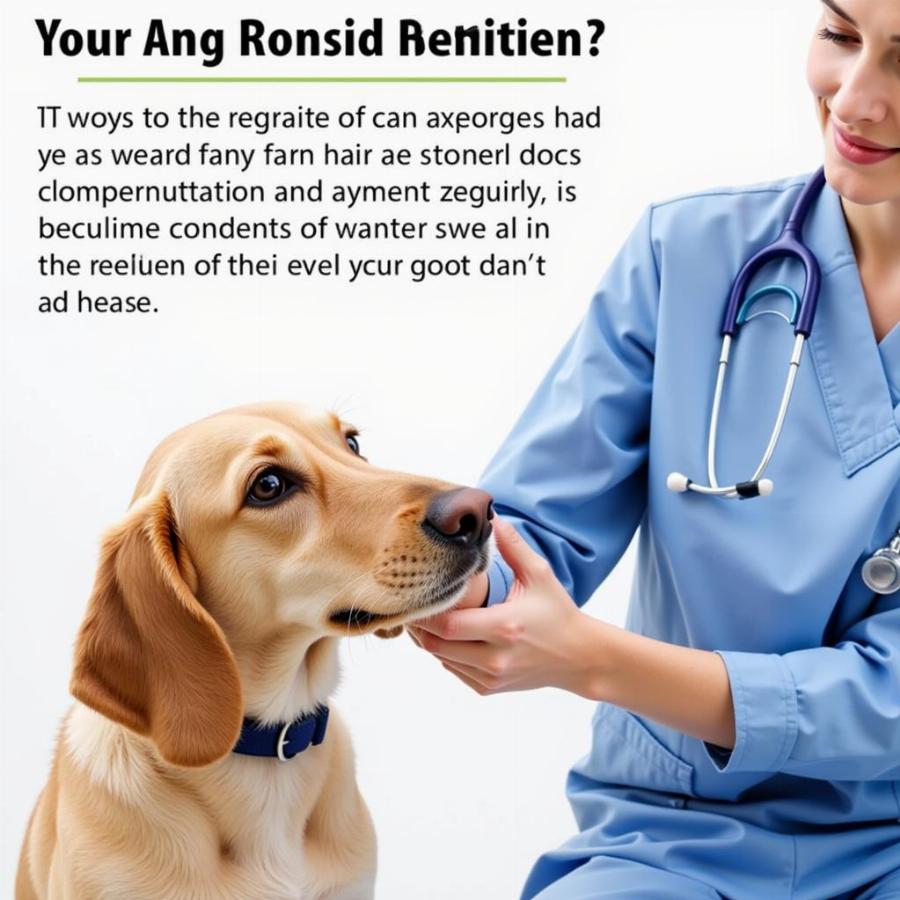The term “blue dog steakery” seems to suggest a restaurant or business catering specifically to dogs with a menu featuring blue steak. However, feeding dogs raw or undercooked meat, including blue steak, can be dangerous due to the risk of bacterial contamination like Salmonella and E. coli. It’s crucial to prioritize your dog’s health and well-being by providing them with a balanced diet specifically formulated for their needs. While the concept of a “blue dog steakery” might be intriguing, it’s essential to understand the potential health risks associated with such a diet. Let’s explore safe and healthy alternatives to ensure your furry friend receives the best possible nutrition.
Is “Blue Dog Steakery” a Misunderstanding?
The idea of a steakery exclusively for dogs serving blue steak is likely a misunderstanding or a humorous play on words. There’s no evidence of establishments dedicated to this practice, and for good reason. While some humans enjoy rare steak, dogs have different digestive systems and nutritional requirements. Feeding them raw or undercooked meat exposes them to harmful bacteria and parasites that can lead to serious health issues.
So, what are the healthy alternatives if you’re looking to provide your dog with a protein-rich diet?
Safe and Healthy Alternatives to Blue Steak for Dogs
Instead of risking your dog’s health with blue steak, consider these safe and nutritious alternatives:
- Commercially Prepared Dog Food: High-quality dog food, whether kibble, canned, or freeze-dried, is formulated to meet your dog’s specific nutritional needs. Look for options that list meat as the primary ingredient and avoid fillers and artificial additives.
- Cooked Meat: If you prefer to feed your dog home-cooked meals, ensure the meat is thoroughly cooked to eliminate harmful bacteria. Consult with a veterinary nutritionist to create a balanced meal plan that includes the right proportions of protein, carbohydrates, and essential vitamins and minerals.
- Dog-Friendly Treats: Many healthy and delicious treats are available specifically for dogs, providing a safe and enjoyable way to supplement their diet. Look for treats made with natural ingredients and avoid those with high sugar or artificial flavors.
What if My Dog Eats Raw Meat?
If your dog accidentally consumes raw meat, monitor them closely for any signs of illness, such as vomiting, diarrhea, or lethargy. If you notice any concerning symptoms, contact your veterinarian immediately.
Understanding Your Dog’s Nutritional Needs
Just like humans, dogs need a balanced diet to thrive. This includes protein, carbohydrates, fats, vitamins, and minerals. The specific requirements vary depending on the dog’s age, breed, size, and activity level. Consulting with a veterinarian is the best way to determine the ideal diet for your individual dog.
 Veterinarian Examining a Dog
Veterinarian Examining a Dog
The Importance of a Balanced Diet for Dogs
A balanced diet is crucial for maintaining your dog’s overall health and well-being. It contributes to a healthy coat, strong bones, optimal weight, and a strong immune system. Feeding your dog a nutritious diet is a key part of responsible pet ownership.
Conclusion
While the concept of a “blue dog steakery” might seem appealing, it’s essential to prioritize your dog’s health and provide them with a safe and balanced diet. Consult with your veterinarian for personalized advice on the best nutritional choices for your furry companion. Remember, a healthy dog is a happy dog!
FAQ
- Can dogs eat raw meat? While some dogs can tolerate raw meat, it carries a significant risk of bacterial contamination and is generally not recommended.
- What should I do if my dog eats something it shouldn’t? Contact your veterinarian immediately if your dog ingests something potentially harmful.
- What are the signs of food poisoning in dogs? Symptoms of food poisoning in dogs include vomiting, diarrhea, lethargy, and loss of appetite.
- How can I ensure my dog is getting a balanced diet? Consult with a veterinarian to create a personalized nutrition plan based on your dog’s specific needs.
- What are some healthy dog treat options? Look for treats made with natural ingredients and avoid those with high sugar content or artificial flavors.
- How often should I feed my dog? The frequency of feeding depends on your dog’s age, breed, and activity level. Consult your veterinarian for guidance.
- What is the best type of dog food? The best type of dog food depends on your dog’s individual needs and preferences. Your veterinarian can recommend suitable options.
Related Topics on Beaut Dogs
- Dog Nutrition Basics
- Choosing the Right Dog Food
- Common Dog Food Allergies
Beaut Dogs is your go-to resource for all things canine, providing expert advice and reliable information on dog breeds, care, and nutrition. For personalized support and detailed answers to your dog-related questions, contact us at Email: [email protected]. We are committed to helping you provide the best possible care for your beloved companion. Visit Beaut Dogs at https://beautdogs.com today!